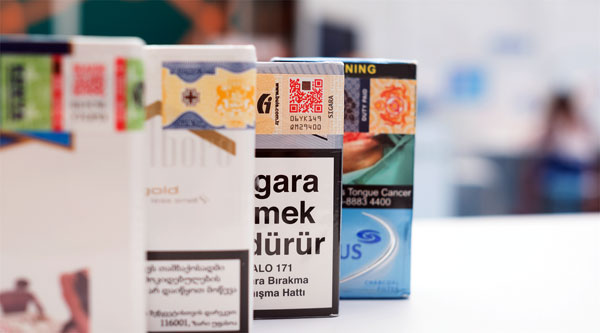To encourage compliance with the World Health Organization’s (WHO) Protocol to Eliminate Illicit Trade in Tobacco Products, the International Tax Stamp Association (ITSA) has produced an advisory note that analyses the different stages of a full track and trace system.
It also explores the extent to which governments are required to interact with the tobacco industry at each stage.
The report analyses the key technical and governance requirements related to track and trace under the WHO’s Framework Convention on Tobacco Control (FCTC), specifically considering the requirement to interact with the tobacco industry only where “strictly necessary.”
Of the 14 stages identified in the report, only six were deemed to need active input from the tobacco industry, mainly those in the warehousing and distribution part of the process.
The ITSA guidelines build on previous work carried out on the implementation of a tobacco track and trace system compliant with the FCTC Protocol. The Protocol entered into force in 2018 and requires countries to establish by 2023 a track and trace system for all tobacco products manufactured in or imported into its territory.
“The FCTC Protocol is widely recognized as an international blueprint for the regulation of tobacco production and distribution, one that will help to drive down illicit tobacco trade providing that countries comply with it,” said Nicola Sudan, general secretary of the ITSA.
“Governance requirements to determine roles and responsibilities for the establishment of a track and trace system are set out in the Protocol and are driven primarily by the need to prevent conflicts of interest and to reduce the risk of fraud in the tobacco industry.
“While certain information for the system, such as shipment and invoicing data, can only be supplied by tobacco companies, many other tasks should be carried out by the relevant authority to protect tobacco policy from the vested interests of the industry.
“In practice, however, this does not happen. The EU Tobacco Products Directive falls short of security industry best practice and the WHO standards, allowing the tobacco industry and its allies to perform tasks which could and should be done independently by the relevant authorities.”
ITSA has called for greater investment in security solutions that could ultimately drive down fraud and help governments around the world to collect additional excise revenues and control tobacco consumption. Currently more than 150 jurisdictions around the world use tax stamps to tackle smuggling, counterfeiting and tax evasion on tobacco products.
The ITSA promotes the benefits of tax stamp programs and best practice within the sector.











